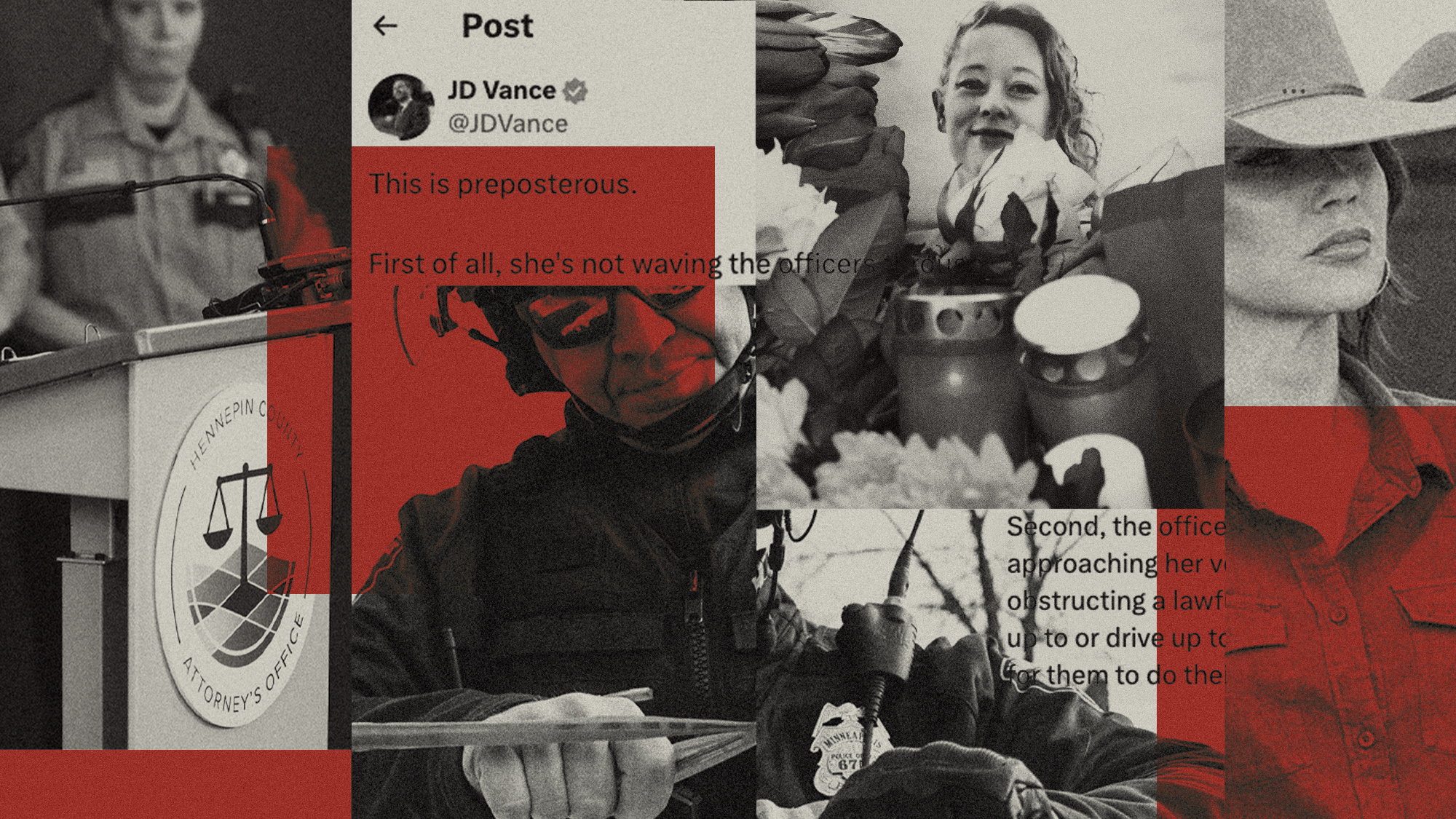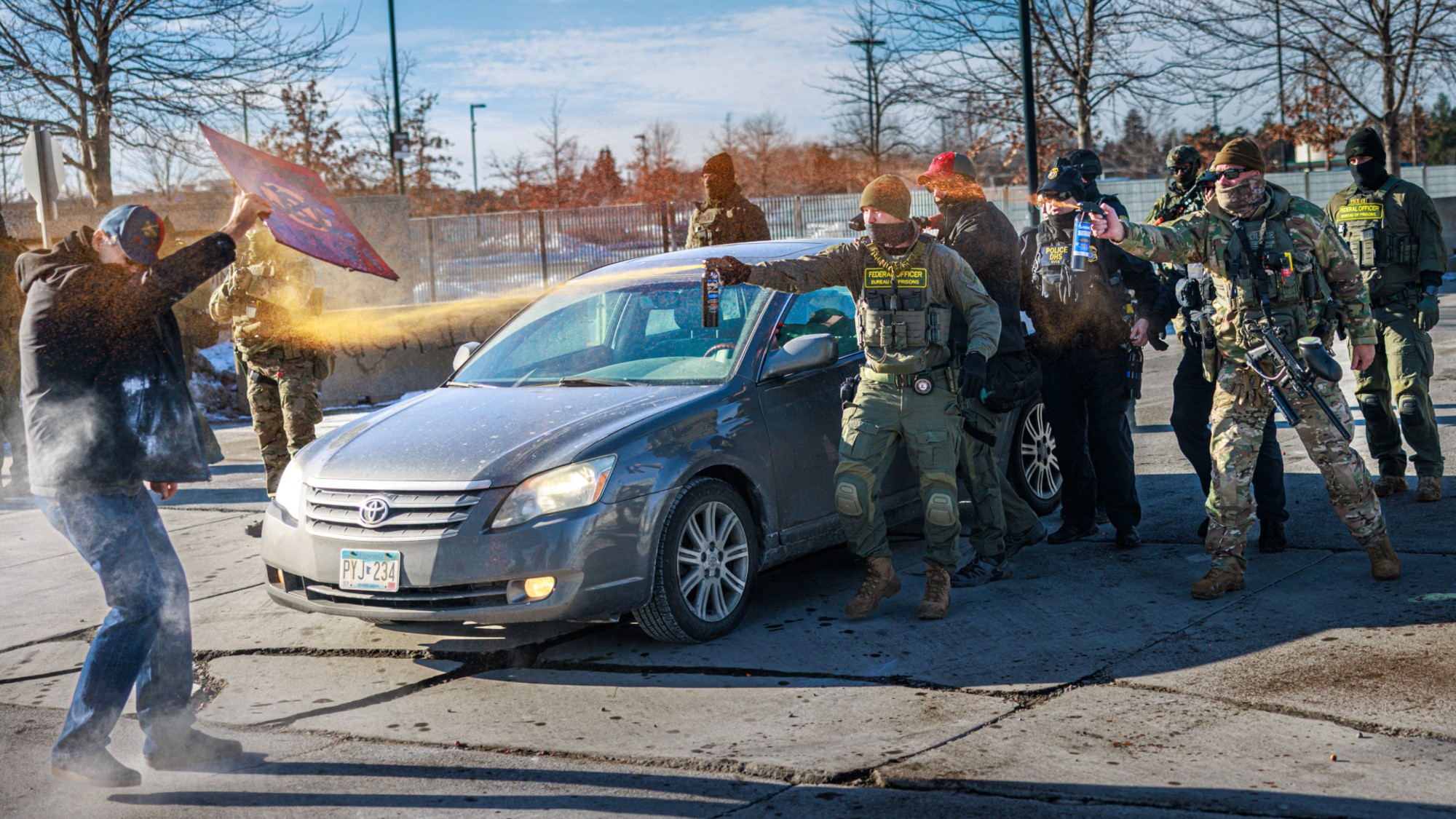Europe's Turkey problem is much worse than Europe's Brexit problem
On the monstrous attacks at Istanbul's airport


Three months ago, I slept fitfully during a 13-hour layover in the international terminal of Istanbul's Ataturk airport. The U.S. Mission in Turkey had just published an emergency message warning of "credible threats to tourist areas, in particular to public squares and docks in Istanbul." My nerves were jangled, but in the end, I was safe.
Yesterday, the airport's global travelers were not so fortunate.
Tuesday's suicide attacks on Ataturk's international terminal threw into stark relief what I had seen and felt in Malta, where I'd spent a week bookended by long Turkish layovers: Europe's southern frontier is on a razor's edge. Last year — when the Islamic State raked in as much as $50 million monthly in oil revenue — Maltese ships owned by Bilal Erdogan, son of Turkish President Recep Erdogan, were implicated in the oil trade with ISIS. And this year, a U.N. Security Council report revealed that the jihadist Libya Dawn faction has joined in the game. Maltese authorities, the report concluded, were aware that a company called ADJ Trading, co-owned by a Libyan national, a Maltese ex-soccer player, and an unnamed Egyptian man, were linked with fuel smuggling through the Libyan city of Zuwara, a nexus of human trafficking and illegal oil shipments.
The Week
Escape your echo chamber. Get the facts behind the news, plus analysis from multiple perspectives.

Sign up for The Week's Free Newsletters
From our morning news briefing to a weekly Good News Newsletter, get the best of The Week delivered directly to your inbox.
From our morning news briefing to a weekly Good News Newsletter, get the best of The Week delivered directly to your inbox.
While Britain has hogged the headlines lately, it's the eastern Mediterranean that has best dramatized the European Union's grimly uncertain future.
The heart of the problem is a devilishly simple question: Where does Europe end?
Rather than a new Iron Curtain cleanly separating West from East, Europe's southeastern frontier is an unnerving gray area where criminals, smugglers, and terrorists can readily collude and combine. And they are seeping steadily northward. In Bosnia, long a dark haven for the rule of law, ISIS recruiting recently led to a snap visit from CIA chief John Brennan. Under southeast Europe's pall, it has become impossible to talk seriously of Turkish entry to the EU as outgoing British Prime Minister David Cameron, who once vowed to stretch a "road from Ankara to Brussels," was wont to do.
But European officials are forging ahead anyway with accession talks. They hoped to reward the Turks for stemming the continent's tide of Mideast migrants. But they're increasingly worried that if the EU can't press forward it will fall headlong into retreat. "My biggest fear is that the Western Balkans will go below the radar, whatever happens in the U.K.," lead Serbian negotiator Tanja Miscevic told the Telegraph. There was never any doubt that Britain could carry on as a fully functioning EU member so long as it desired. In the lands once occupied by the Ottoman Empire, that kind of doubt has built to a gnawing crisis with no clear solution.
A free daily email with the biggest news stories of the day – and the best features from TheWeek.com
Even before Brexit, the European Union had lost the initiative on the matter of its own boundaries. With the latest terrorist attacks on Istanbul — a transportation hub that's far more than just a symbol of Europe's interconnectedness, as the White House quickly observed — Turkey's relationship with the West has grown closer and more twisted. Of course, brutal attacks on innocents in a NATO country demand a united NATO response. But what can that response be, when Turkey's authoritarian president is laboring to patch up relations with Russia? To be sure, Erdogan has also succeeded in thawing an unprecedented chill with Israel. But under his iron-fisted leadership Ankara's domestic and geopolitical position has largely become a shambles, trapping the country in an impossible position between ISIS, various Kurdish groups, Syria and its allies, and the West. Neither Erdogan nor the EU can see a way out. The U.S. has no magic wand either.
In a long, tortured arc reaching clear from Kensington to Kabul, the innocent civilians of Europe and the Muslim world cry out for public order and public leadership. If the Old World's elites can't supply a decent minimum of both and mend Europe's bloody borderlands, they'll awaken a populist fury few of them dare imagine.
James Poulos is a contributing editor at National Affairs and the author of The Art of Being Free, out January 17 from St. Martin's Press. He has written on freedom and the politics of the future for publications ranging from The Federalist to Foreign Policy and from Good to Vice. He fronts the band Night Years in Los Angeles, where he lives with his son.
-
 Striking homes with indoor pools
Striking homes with indoor poolsFeature Featuring a Queen Anne mansion near Chicago and mid-century modern masterpiece in Washington
-
 Why are federal and local authorities feuding over investigating ICE?
Why are federal and local authorities feuding over investigating ICE?TODAY’S BIG QUESTION Minneapolis has become ground zero for a growing battle over jurisdictional authority
-
 ‘Even those in the United States legally are targets’
‘Even those in the United States legally are targets’Instant Opinion Opinion, comment and editorials of the day
-
 Iran cuts internet as protests escalate
Iran cuts internet as protests escalateSpeed Reada Government buildings across the country have been set on fire
-
 US nabs ‘shadow’ tanker claimed by Russia
US nabs ‘shadow’ tanker claimed by RussiaSpeed Read The ship was one of two vessels seized by the US military
-
 How Bulgaria’s government fell amid mass protests
How Bulgaria’s government fell amid mass protestsThe Explainer The country’s prime minister resigned as part of the fallout
-
 Femicide: Italy’s newest crime
Femicide: Italy’s newest crimeThe Explainer Landmark law to criminalise murder of a woman as an ‘act of hatred’ or ‘subjugation’ but critics say Italy is still deeply patriarchal
-
 Brazil’s Bolsonaro behind bars after appeals run out
Brazil’s Bolsonaro behind bars after appeals run outSpeed Read He will serve 27 years in prison
-
 Americans traveling abroad face renewed criticism in the Trump era
Americans traveling abroad face renewed criticism in the Trump eraThe Explainer Some of Trump’s behavior has Americans being questioned
-
 Nigeria confused by Trump invasion threat
Nigeria confused by Trump invasion threatSpeed Read Trump has claimed the country is persecuting Christians
-
 Sanae Takaichi: Japan’s Iron Lady set to be the country’s first woman prime minister
Sanae Takaichi: Japan’s Iron Lady set to be the country’s first woman prime ministerIn the Spotlight Takaichi is a member of Japan’s conservative, nationalist Liberal Democratic Party
